The musical Hamilton instigated a revival of renewed interest in the founding fathers. It’s easy to reduce the founding fathers to dry facts, important dates, and a timeline of battles and laws that we trot out for school tests.
However, these were unique individuals who worked hard to create a country from a conglomerate of settlements. They drafted a document from their shared ideals. This created a constitutional foundation for the United States back in 1776, that we still use today.
Classes can often make historical events and facts feel boring and lifeless. But knowing the sometimes forgotten or not often talked about facts of historical times can add excitement to gaining knowledge on these subjects.
These strange facts about the founding fathers will highlight how they were real people rather than flat characters.
Strange Facts About the Founding Fathers
1. Benjamin Franklin Created a Musical Instrument
Benjamin Franklin was a true creative. He dabbled in many different projects and pursued many personal interests. It is hard to pick just one of the various factoids about him to highlight as most peculiar.
Most people do not realize that the instrument he designed, the glass armonica, was used by Mozart and Beethoven.
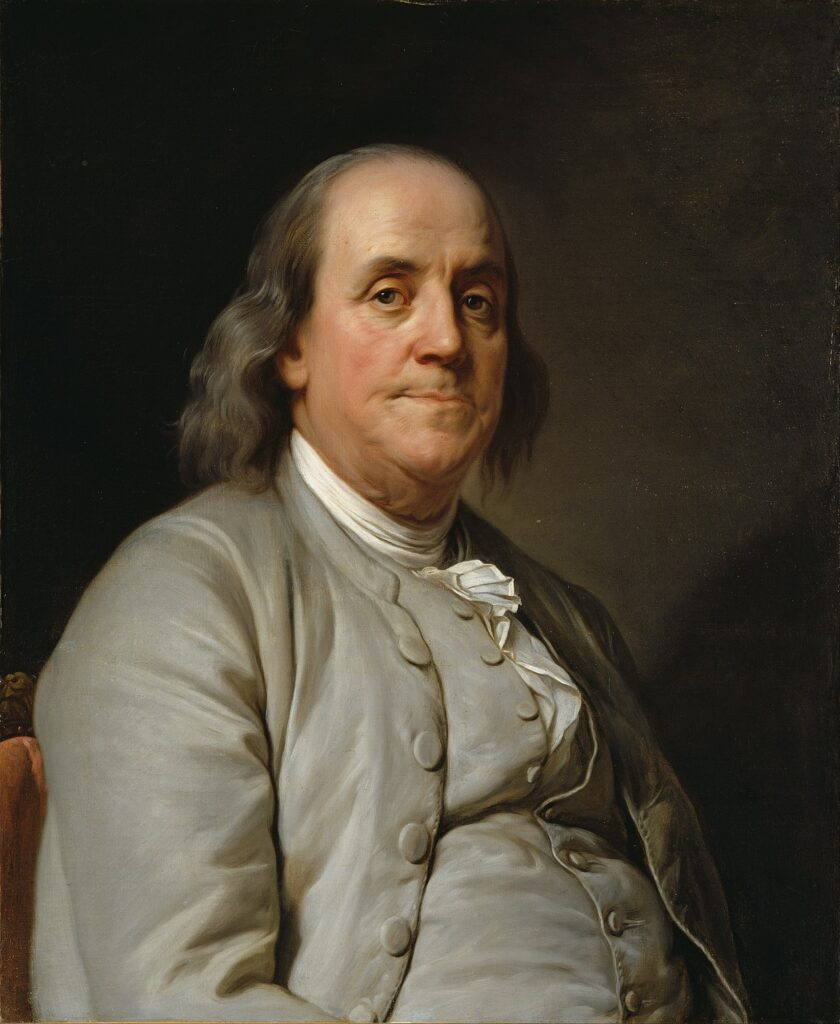
This unique instrument was meant to mimic the sound that is made when one runs a wet finger along the edge of a crystal glass. The first armonica was made in 1761 by a London glassmaker.
The instrument had 37 glass orbs on it that created different pitches and tones. Thousands of glass armonicas were made during the 18th and 19th centuries. Many famous composers created pieces of music just for this instrument.
Franklin was very proud of his work on this unique musical instrument. He was often quoted as saying that this was the invention that he was the proudest of.
2. John Jay, the Forgotten Founder
Strangely enough, one of the more active members of the founding fathers, John Jay, is rarely mentioned when teaching about this period. Most people do not even realize that Jay was as integral to the process of creating America as he was.
John was one of the largest contributors to the Federalist Papers He was also the president of the wartime Continental Congress, and he was the secretary of foreign affairs.
Perhaps John Jay would be worthy of more comment if he was more scandalous, more controversial, or more aggressively public in his opinions on matters. Maybe if he was more like the rest of the co-collaborators who helped found the United States of America.
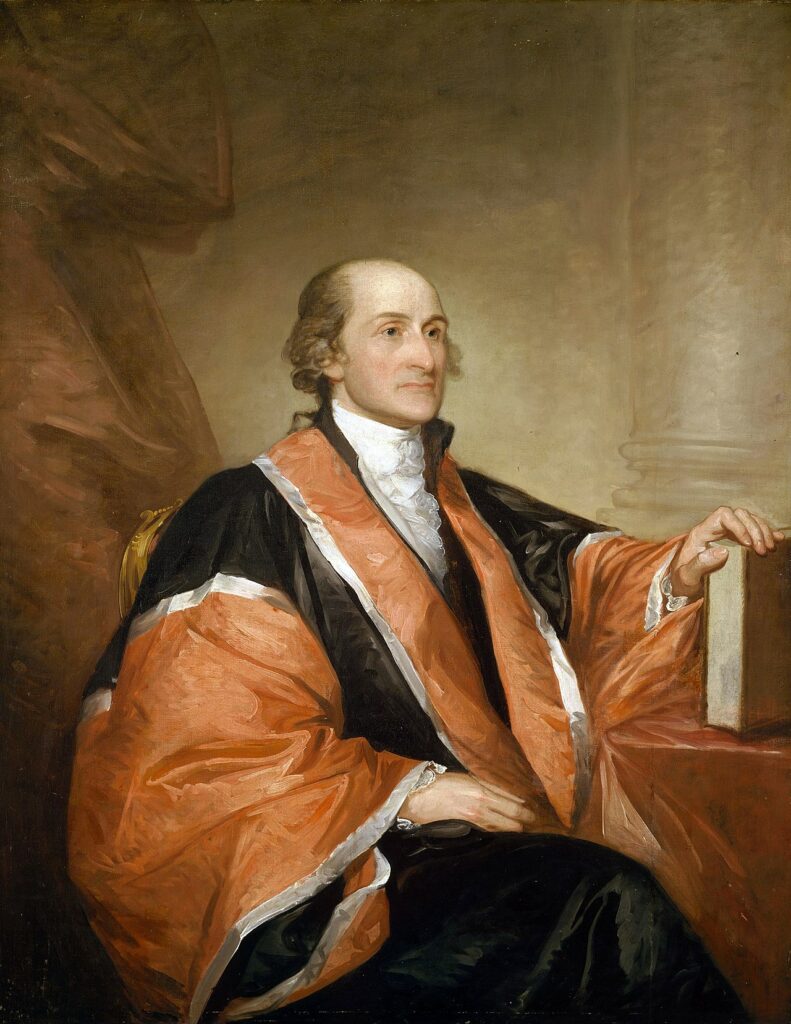
However, Jay was likely the most steadfast and steady of the group. In their writings about the process of creating the United States and the Constitution, the other founding fathers commented on this characteristic.
Jay was almost always consulted on important matters throughout the years leading up to the creation of the Declaration of Independence. He was instrumental in many of the major decisions made during the first years of the existence of the United States Government.
George Washington gets most of the credit for being honest and trustworthy during these years. But Jay was likely a much bigger force than even Washington behind the creation of the United States that we know today.
3. The Founding Fathers Were Often Drunk
Something that many people do not realize is that many Americans, not just the founding fathers, spent much of every day inebriated.
Local sources of water were notably unclean in most cities in the Americas at this time. Even children drank small beer rather than risking drinking dirty water that would potentially make them sick.
The average adult drank about a gallon of ale a day. They believed alcohol was good for their health and excellent for the mind. It was not considered to be a drink that only accompanied special events.
Doctors often also prescribed various alcohols for cure-all treatments. They believed that alcohol was imbued with healthful substances that would take care of most common ailments.
It is something of a wonder when you consider that the monumental feat of creating the United States was organized by founders who were slightly, or maybe very, drunk. This state of at least partial drunkenness might also explain some of the conflicts within the group of founding fathers that stalled certain portions of the creation process of the Constitution.
4. Three Founding Fathers Died on July 4th
As coincidences go, it seems almost impossible that so many of the original group of founding fathers would ultimately pass away on the Independence Day of the nation that they helped create.
Stranger still, Thomas Jefferson and John Adams died on the same July 4th, 1826. This was on the 50th anniversary of the first Independence Day.
James Monroe died on July 4th of 1831. His death was overshadowed by the strange and rather mystical-seeming coincidence of Jefferson and Adams passing away on the auspicious 50th anniversary of the first July 4th holiday. But it is still quite notable that so many of the men who helped create this country should pass away on the anniversary of its birth.
Because news traveled so slowly during this age, Adams was said to have uttered the phrase, “Jefferson still lives” before passing away.
The two were estranged politically for many years. But it was obvious that Adams felt that there was some comfort in the thought of Jefferson being present to carry on the legacy of their work. Even if his time had come to surrender the cause to the hands of others.
5. George Washington was a Slave Owner
The fact that George Washington who supposedly, “could not tell a lie”, would own slaves can be a bit of a shock.
However, Washington came from a family with property, and slaves were a common aspect of property ownership during this period. Washington owned 577 slaves by the end of his life and did not make a single anti-slavery statement until he freed his slaves upon his death.
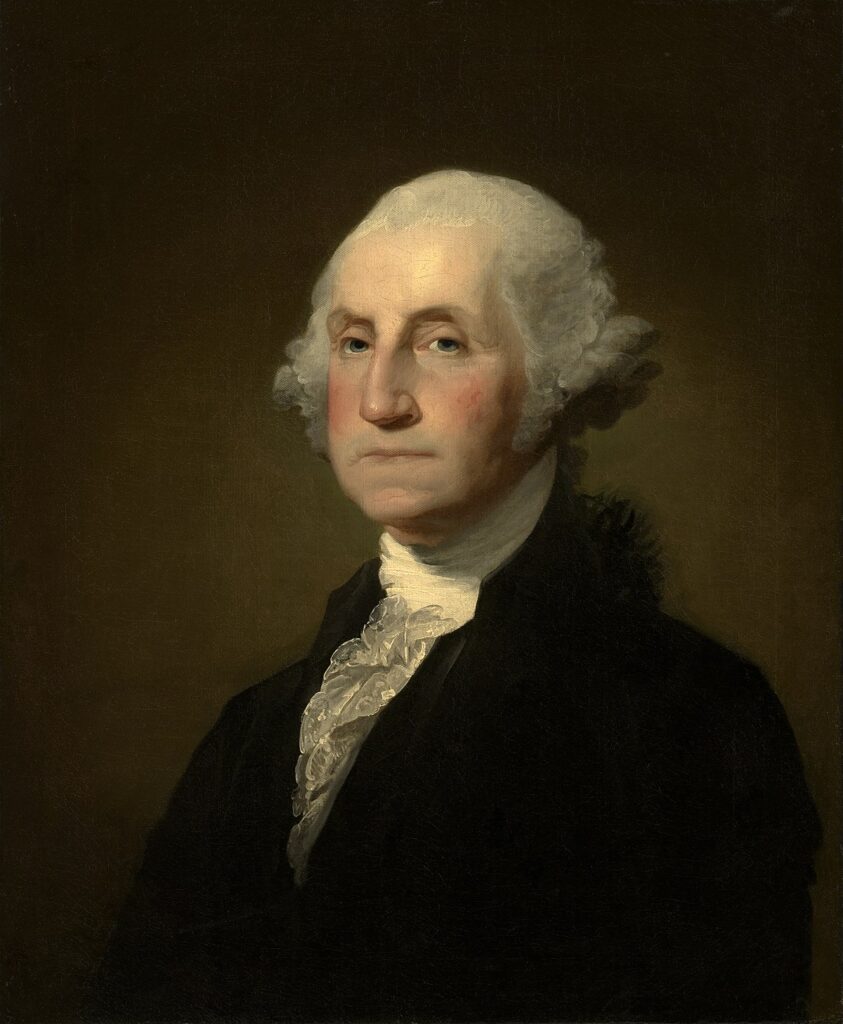
Washington believed that the issues over slavery that were already bubbling beneath the surface of the new nation’s politics would quickly cause its destruction. Therefore, he avoided speaking about his reservations about the institution.
This might seem like a terrible disservice to the nation that Washington and his friends had worked so hard to create, but times were different. The concept of slavery was comfortable and normal to many people.
Certainly, there were founding fathers who were ardently against the institution of slavery, but their words would fall mostly on deaf ears for many generations.
6. Hamilton Likely Never Intended to Actually Shoot Burr
The now-infamous duel between Alexander Hamilton and Aaron Burr has been the source of controversy since the day that it took place.
There are many conflicting accounts from the witnesses of the duel itself. Even the two men involved had very different takes on what happened that day. While the duel itself was the result of years of political and personal enmity between the two men, it was likely that Hamilton only attended to save face.
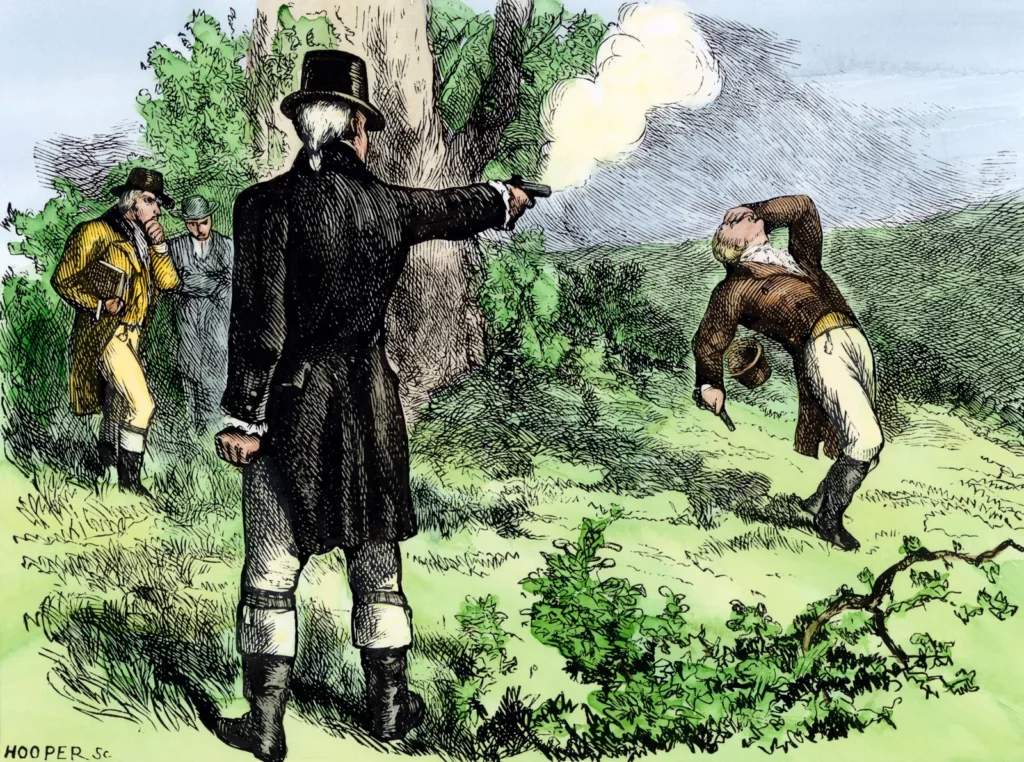
In letters that he wrote before the duel, Hamilton stated that he was strongly opposed to dueling. He wrote that he intended to shoot into the air for this first shot. He stated in other letters that he had also thought of, “reserving his second fire” as well. Historians discovered a common thread in the various accounts of the duel: Hamilton intentionally shot into the tree above Burr’s location.
However, Burr was not justified in taking his shot, but he did so, even though he had been legally fired upon. Burr stated that he intended to kill Hamilton. He did not alter this course when asked about the duel after it was over.
Burr was charged with murder, but the case was dismissed. He was allowed to continue to serve in the capacity of vice president.
7. Thomas Jefferson Died in Debt
It might not seem possible that a founding father, a man of property, wealth, and learning, could end up penniless upon his death. However, Thomas Jefferson owed so much money when he died that his mansion, Monticello, his furnishings, and all of the slaves that he owned were sold at auction after he died to pay off his debts.
Debt was a very different question in the 19th century. People of property or fame were often allowed to continue accruing debt until they either paid off the amount owed or died.
Pressure to pay debts was usually not brought to bear on the famous. But the less fortunate would often find hired thugs waiting for them, threatening them to pay back the amount of money they owed debtors. A person without land or means might also find themselves in debtor’s prison until their debts were paid off.
The status of Jefferson’s affairs was likely a surprise to some. He was an educated and brilliant man who had also served as both vice president and president of the fledgling nation.
Jefferson remains an icon to this day. But his dubious finances were likely a painful problem both for his legitimate children and for the children that he shared with Sally Hemmings.
8. John Adams Was a Notorious Monarchist
John Adams loved to lean into controversy. He never shied away from stating his real opinions on any topic.
Among his unpopular leanings was his tendency to support authoritarian concepts. While serving as vice president to Washington for two terms, he declared that he thought that the president should be called, “His Highness”.
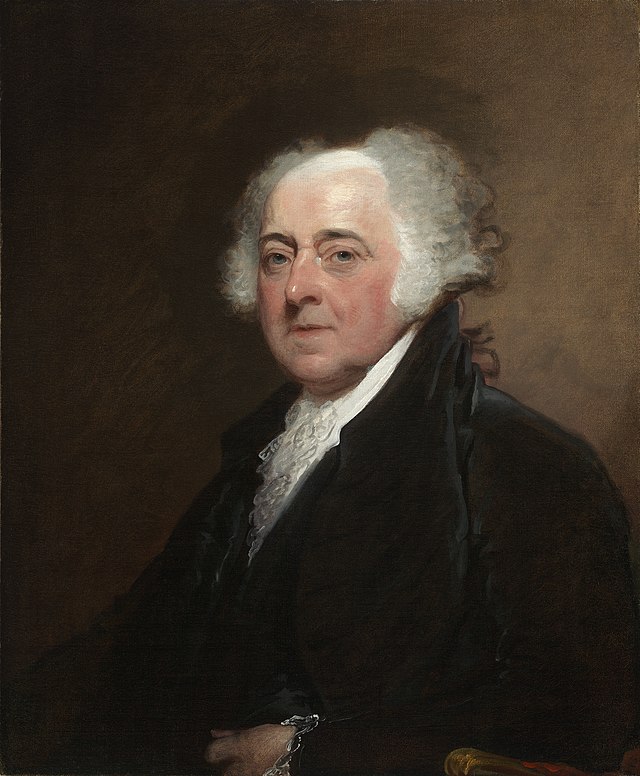
Later, when he was elected president, he helped create the various powers that the president holds to this day. Some of which are not limited by other parties in government.
Adams was so unpopular because he was so much like the former monarchy. He held onto a lot of beliefs that the Americans had thrown off to gain independence. Therefore, he was not successful in his bid to be re-elected. He is one of a handful of presidents not to win a second term in office due to being unpopular with the American people.
The Founding Fathers Were Human Too
It is often simple to look at history as a black-and-white collection of facts that have no connection with people’s actual lives. Time and changes to social norms can also make it much less likely that the founding fathers can be related to as people with their own flaws and quirks.
These facts demonstrate that the founding fathers were flawed people who made mistakes and also enjoyed great triumphs. While imperfect and sometimes downright despicable, the founding fathers helped to create a nation that continues to be one of the most successful in all of history.
The eccentricities and strange facts about these famous men help make them seem more like real people whose stories can have a personal impact on those who learn about them.
References
“16 Terrible Facts about the American Founding Fathers That Didn’t Make It to the History Books.” History Collection.com, 15 Jan. 2019, https://historycollection.com/16-terrible-facts-about-the-american-founding-fathers-that-didnt-make-it-to-the-history-books/6/. Accessed 3 May 2023.
Associated Press. “What You Should Know about Forgotten Founding Father John Jay.” PBS.org, 4 July 2015, PBS.org. Accessed 3 May 2023.
Evan Andrews. “11 Surprising Facts About Benjamin Franklin.” History.com, 19 Aug. 2020, https://www.history.com/news/11-surprising-facts-about-benjamin-franklin. Accessed 3 May 2023.
History.com. “Thomas Jefferson.” History. Com, 22 Mar. 2022, https://www.history.com/topics/us-presidents/thomas-jefferson. Accessed 3 May 2023.
Mount Vernon.org. “Slavery.” Mount Vernon.org, https://www.mountvernon.org/george-washington/slavery/. Accessed 3 May 2023.
Wikipedia. “Burr-Hamilton Duel.” Wikipedia, https://en.wikipedia.org/wiki/Burr%E2%80%93Hamilton_duel. Accessed 3 May 2023.
UMBC. “What Did Colonial People Drink?” UMBC.edu, http://che.umbc.edu/londontown/cookbook/drinks.html. Accessed 3 May 2023.

